At this pivotal moment in history, democracies face unprecedented challenges with global strains of democratic backsliding and a dramatic reshaping of the international ecosystem for democracy support. The moment calls for new visions of democratic futures, imagined and realized by new constellations of networks and collaborations. To enable the realization of those new visions, connecting research to practice is vital. Think tanks, universities, philanthropic organizations, and practitioners have a responsibility to lead as forces in supporting and reimagining democracy.
The Brookings Anti-Corruption, Democracy, and Security (ACDS) project and Cornell University’s Brooks Center on Global Democracy co-hosted a conference on May 27, 2025 on “Democracy and policy: Reimagining a global democratic future,” along with University of Michigan’s Center for Emerging Democracies and Vanderbilt University’s Center for Global Democracy. The event underscored the acute challenges facing democracy in the United States and globally and explored perspectives on new ideas, tools, and strategies to strengthen democratic resilience and support pro-democracy actors. This event marked an initial step toward strengthening a network of U.S. think tanks, academic institutions, civil society organizations, and other stakeholders to contribute to defending and reimagining democracy globally
Below are key thematic takeaways from the conference, which was conducted under the Chatham House Rule.
Solutions for democracy: Comparative and contemporary lessons
Assessing the potential to support democracy requires diagnosing the significant threats to democracy today. In particular, it requires an awareness that leaders who come to power through democratic processes do not necessarily guarantee a commitment to democratic norms and principles. Those who increase their own power at the expense of safeguarding democracy are able to exploit the freedoms of information and the institutions of democratic lawmaking to close civic space and suppress opposition.
The solutions to such challenges lie in a paradoxical combination: a return to first principles of checks and balances to distribute power away from the executive, and a process of bottom-up creative reform that allows citizens to increase their agency and efficacy in shaping governance outcomes. Critically, both solutions include widening the scope of who participates, in order to increase the engagement, ability, and incentives of citizens and political leaders alike to realize a thriving democratic future. Both strategies may serve to check authoritarian power grabs and channel social demands into democratic governance and security.
The role of political parties
How can political parties mobilize to protect democracy in the context of democratic backsliding and extreme polarization? Some political parties have embraced backlash to social change and popular disillusionment by emphasizing resentment, anger, and anti-pluralism, resulting in regime cleavages where such parties compete for power and rule without commitment to the rules of the democratic game, political rights, or civil liberties. In such cases, depolarizing or cooling the political climate is crucial, but challenging. How can pro-democracy parties make a persuasive case for equality, pluralism, and democracy in such settings?
Pro-democracy political parties need to deepen their roots in society and work with civil society to build trust and deepen engagement at the local level. Party leaders need to reinforce democratic norms, and selection processes should result in the highest-quality candidates. To appeal to a wider swath of the population, parties should seek out coalitions and pacts with other pro-democracy parties and look for new axes of messaging such as anti-corruption, individual liberty, and dignity that are broadly recognized. Finally, they must be ready to mobilize support and govern effectively when opportunities arise.
Interactions for democratic reform: Institutional guardrails and citizen pressures
Social forces can be mobilized to strengthen democracy and counter executive overreach through cultivating understanding of the situation and urgency. People must first know and appreciate how executive overreach affects them personally. This can be fostered through civic educational programs (examples include Harvard’s We the People: Civic Engagement in a Constitutional Democracy certificate and the Community of Democracies certificate on Democratic Dialogues and Civic Skill Building), countering misinformation with facts, and encouraging civic agency. Pro-democracy actors must look inward and recognize their messaging is not always digestible. They should avoid self-censorship and recognize the importance of diverse and unconventional ideas and broad coalitions.
In the U.S., civil society groups from grassroots movements to organized labor unions have a unique role to play as some Americans’ first exposure to the power of collective voice in challenging corporate power through lawsuits, among other tools. Litigation, which relies on constitutionalism, is a powerful threat to autocratic actors. Networks built by national and subnational bar associations can also serve as a counterweight to autocratic threats.
Global democracy strategies in a shifting landscape
Over the last two decades, the international landscape has undergone a significant retreat from democracy and the liberal world order. That trend continues and is exacerbated by the Trump administration’s sharp shift away from a decades-long U.S. leadership role in support of democracy, rule of law, and human rights initiatives globally. This retreat includes consequential cuts in U.S. foreign assistance for civil society, independent media, and other pro-democracy actors globally.
There seems to be no immediate replacement for the scale and scope of U.S. democracy leadership and assistance. There are growing concerns that authoritarian regimes are seeking to take advantage of this moment to advance and expand their regional and global influence and interests. The question is how to reimagine democratic leadership amid these shifts in the international ecosystem. Pro-democracy actors will need to innovate to meet current needs, encourage new leadership and network synergies, and serve as a bulwark against backsliding.
Technology, media, and information: Democratic opportunities and authoritarian risks
Technology’s influence poses a wide array of opportunities and risks to democracy. How can pro-democracy actors mitigate risks and better utilize new technologies to defend and practice democracy in ways that improve people’s lives through democratic governance? Given the rapidly changing technological landscape, ongoing collaboration is needed between foundations, universities, and technology companies to continually evaluate the impacts of new technologies on democracy.
While there has been a great deal of focus on the negative effects of misinformation, most of the information people consume does not fall under that category. The potential negative effects of new technologies are arguably far broader, including affecting people’s capacity for empathy; stoking fear, anger, and resentment to drive polarization and anti-democratic mobilization; and providing opportunities for foreign influence campaigns. Pro-democracy actors should support efforts to expand digital literacy, regulations for new technologies like generative AI, opportunities for offline interaction and civic engagement, and watchdog groups detecting coordinated influence campaigns.
Democracy reimagined: What does it look like and how to get there?
Reimagining democracy requires remembering that liberal democracy is not the historical norm, as well as acknowledging democracy’s deficits. The democratic system has proven unable to adequately address key challenges such as climate change and soaring inequality. Nevertheless, democracy is essential in achieving security, advancing equality, and protecting rule of law. Democracy provides the possibility for demanding and attaining responsive, abundant governance.
The values of democracy must be clearly communicated, and the veneer of legality punctured when nondemocratic actors use democratic institutions—or the name of democracy—to achieve autocratic aims. Overall, consensus on solutions to the seismic shift in the democracy landscape will not manifest unilaterally. Pro-democracy stakeholders must work together to understand the failures associated with flawed democratic procedures, such as increasing inequality or structural racism, and draw attention to the fundamental dignity of all.
Conclusion
Building on the Brookings ACDS Democracy Playbook 2025 and scholarship on global challenges to democracy, we can pinpoint key steps pro-democracy actors can take to reinforce good governance and withstand the rising challenges of authoritarianism around the world. Think tanks, academia, civil society, media, philanthropic organizations, private and public sector representatives, and other critical pro-democracy actors can build stronger collaborations to provide research and action to address challenges to U.S. and global democracy. These partnerships will contribute to the foundations for democratic reimagining and renewal.
-
Acknowledgements and disclosures
The authors would like to thank Robin Lewis and Eric Urby for copyediting and editorial assistance.
The Brookings Institution is committed to quality, independence, and impact.
We are supported by a diverse array of funders. In line with our values and policies, each Brookings publication represents the sole views of its author(s).

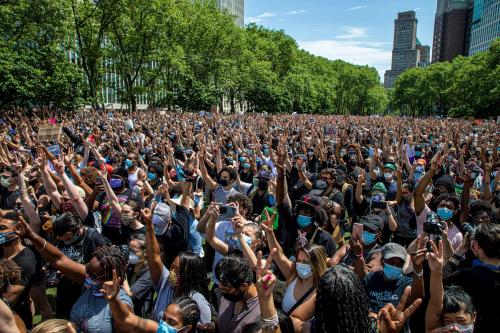
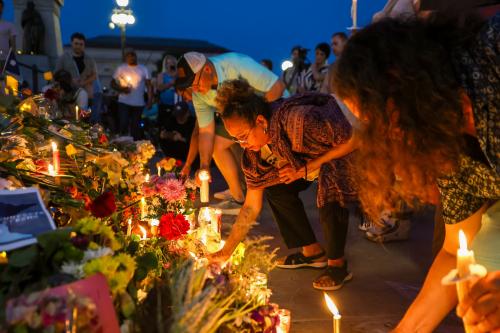


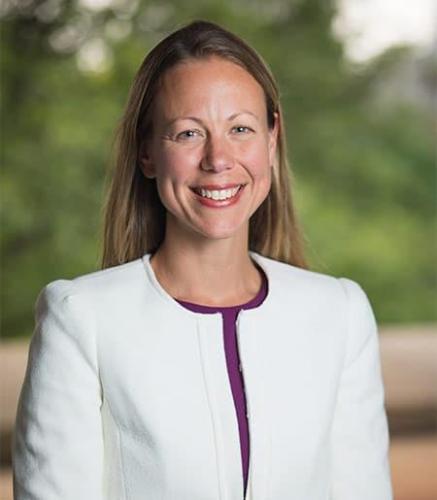
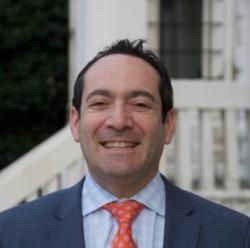

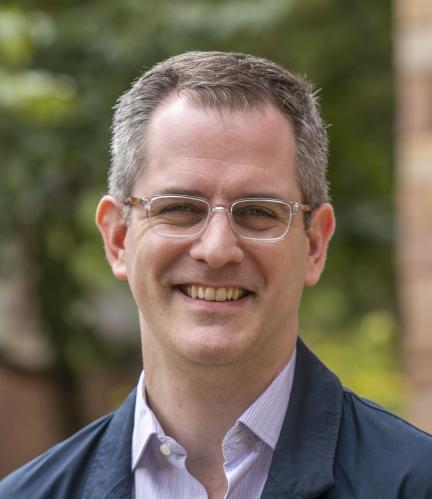

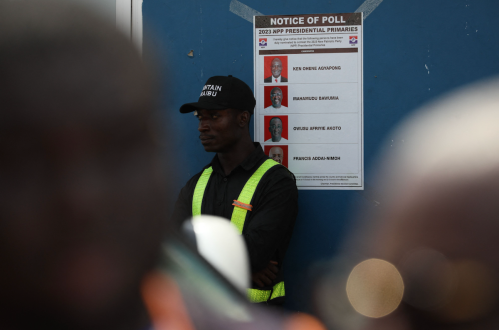

Commentary
Key takeaways from the conference ‘Democracy and policy: Reimagining a global democratic future’
September 3, 2025